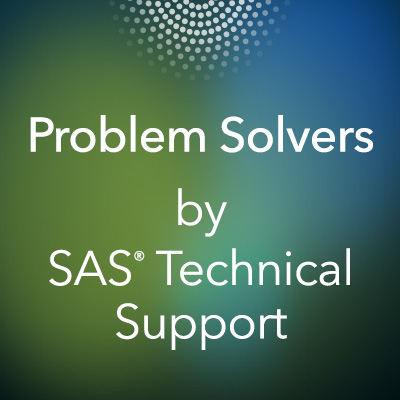Assessing your data management capabilities :
This assessment surveys three aspects of the ways information is managed at your organization:
- System inventory. This is a catalog of the systems and applications that create or use data. This catalog will document the number of systems, and for each system list its data volumes, the number of data consumers, a list of downstream dependent systems, the data sources, and whether the system was internally designed and built or acquired from an external provider. In addition (if possible), it will provide access to the metadata associated with each system, including business terms and definitions as well as data models and the corresponding data element definitions.
- System development life cycle. Understanding the methodology for how systems are designed, developed, implemented and maintained will shed light on the practices in place for overseeing how information is managed.
- Data management maturity. This process examines a number of different facets of data management and governance within the organization. That can include:
- An operating model for data stewardship and governance.
- The processes by which data policies are defined, agreed to and deployed.
- The operational procedures for data quality assessment, data validation, and incident reporting and management.
- Definitions and adherence to data modeling and reference domain standards.
- Aspects of the data life cycle, such as requirements analysis, data security and protection, and retention.
- Methods for continuously monitoring observance of data consumer expectations.
The
result of this assessment will be a report on your current state of
internal data management capabilities. You can compare this to the
proposed levels of capability identified during the initial business
justification task. In my upcoming posts, I will look at developing a
blueprint and road map for your data strategy.
Source :
http://blogs.sas.com/content/datamanagement/2016/02/03/assessing-current-state-data-management-capability-2/
EPOCH RESEARCH INSTITUTE OFFERS:
Authorized
SAS TRAINING | SAS CERTIFICATION | SOFTWARE PURCHASE | BUINESS
CONSULTING | TECHNICAL SUPPORT ON SAS || SAS STAFFING SOLUTION
Epoch Research Insitute Links:
Email us: info@epoch.co.in
SAS Training & Placement
Programs with Internship: Epoch Research Institute India Largest and Oldest
#SASTraining Institute (#epochsastraining)
EPOCH RESEARCH INSTITUTE OFFERS:
Authorized SAS TRAINING | SAS
CERTIFICATION | SOFTWARE PURCHASE | BUINESS CONSULTING | TECHNICAL SUPPORT ON
SAS || SAS STAFFING SOLUTION
Label:
#SASELEARNING,#SASELEARNING,#SASONLINETRAINING,
#SASONLINETRAININGFORBEGINNERS,#LEARNSASPROGRAMMINGONLINE,
#SASCLINICALONLINETRAINING,#SASBASEONLINETRAINING
#BIGDATASASTRAININGEPOCH,#SASBIGDATATRAINING
#EPOCHRESEARCHINSTITUTE, #SASTRAINING, EPOCH SAS FEEDBACK,


No comments:
Post a Comment